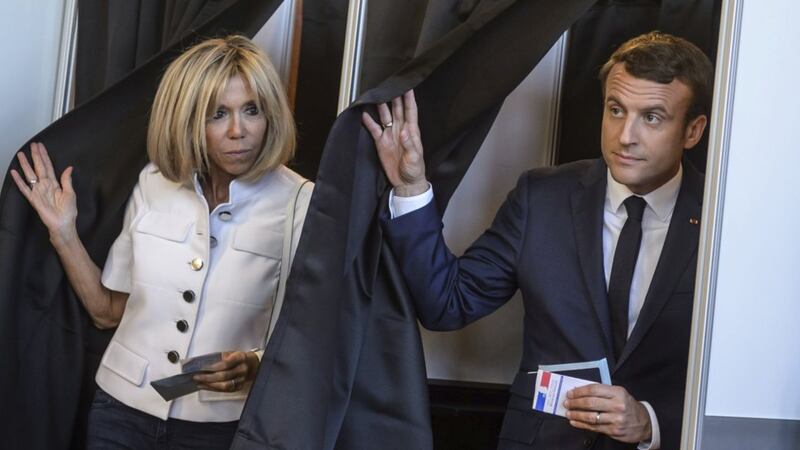French President Emmanuel Macron’s year-old party is set to land an overwhelming majority in the country’s parliamentary elections following the first round of voting on Sunday.
With the traditionally mainstream parties lagging behind, the 39-year-old’s centrist movement La Republique En Marche (LREM) is set to mark a dramatic shift in the make-up of French politics with a landslide win.
Ahead of the final round this Sunday, here’s what you need to know about the country’s legislative poll.
What are the elections for?
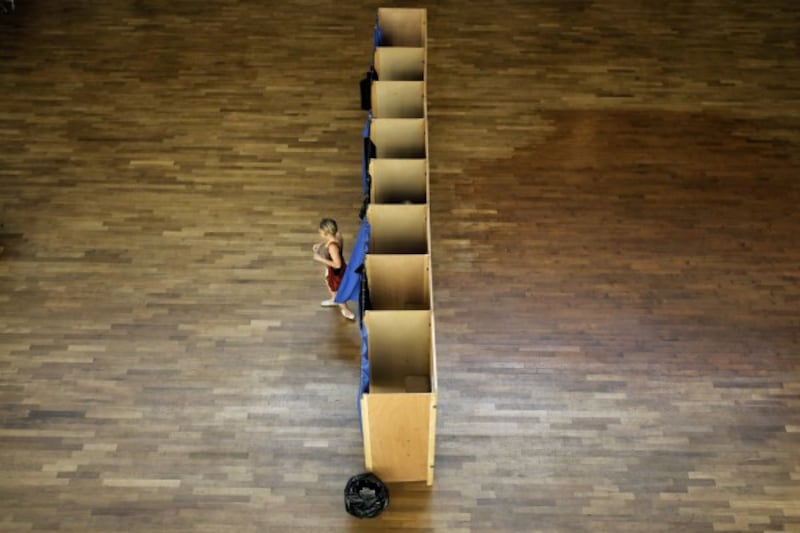
There are 577 seats up for grabs in France’s National Assembly, with 289 needed for a majority. Some 11 of those seats are reserved for French citizens living abroad, while 27 are in overseas territories.
Held a month after the nation’s presidential polls, deputies of the National Assembly – France’s lower house in Parliament – are elected to serve a five-year term via a first-part-the-post system in two rounds.
Candidates need to secure at least 50% of all votes in the first round, out of 25% of eligible voters, to win outright. If not, voting proceeds to a second round between candidates who secured at least 12.5% of the vote.
At least seven parties are vying for constituencies around the country, with polls showing a clear lead for LREM – which is expected to gain more than 440 seats.
Why is Macron’s lead significant?
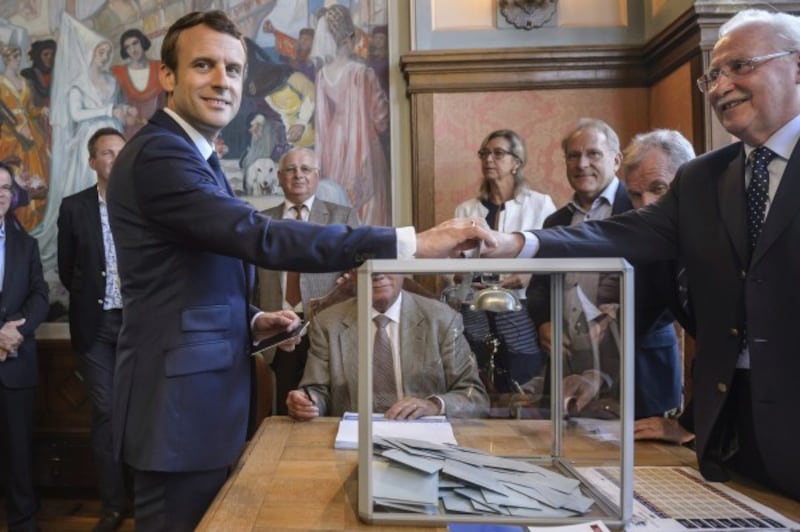
The president’s year-old movement, En Marche! (Forward!), morphed into La Republique En Marche (LREM) after he won the presidency in May.
His likely majority signals an earthquake in the traditional make-up of French politics, which has for decades been dominated by a two-party system between conservatives, now represented by Les Republicains, and socialist movement Parti Socialiste.
Both parties are set to be almost wiped out by Macron’s centrist group, with the Republicans on 21.1% and the Socialists on 10%, compared to LREM’s 32% vote share.
The breakdown of the vote share starkly displays this shift: the parliamentary left won 2.1 million votes and the right garnered 4.8 million votes, compared to the the centre, which landed 7.3 million votes. Centrist groups barely made a dent in the 2012 parliamentary poll.
Marine Le Pen’s far-right Front National came third, landing 13.2% of the vote. Le Pen, who failed in her leadership bid last month, looks set to win a seat in the Assembly.
What will a majority will mean for his five-year term?
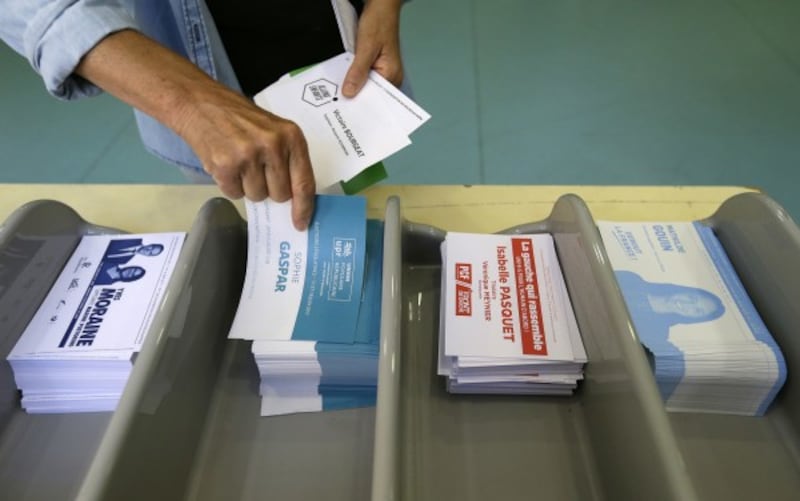
Given his huge majority, the 39-year-old president will not need to form alliances with smaller parties to push through reforms, and can expect to govern without much opposition.
However, rivals have pointed out that despite his landslide, a low voter turnout of less than 50% points to a lack of wider support outside parliament and his voter base.
How many people voted?
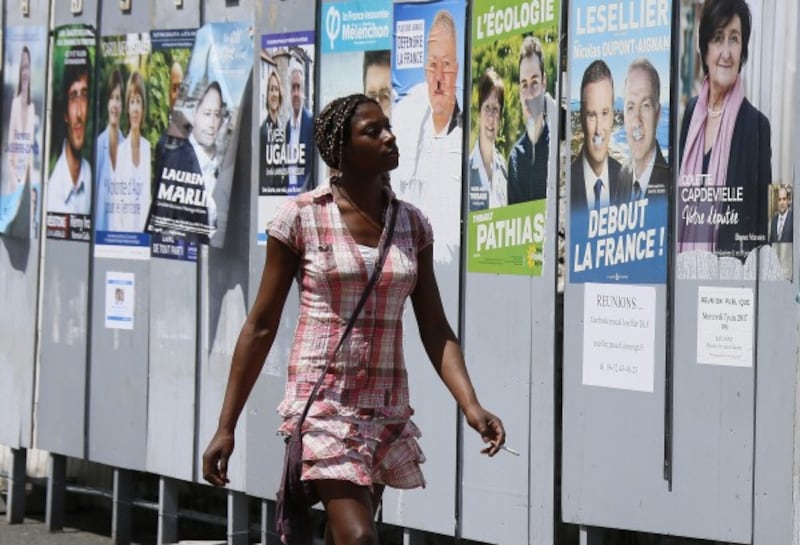
Turnout in the first round was around 49% of France’s 47.5 million registered voters, a decline from 57% in 2012.
Who are the LREM candidates?
Many of the party’s candidates are completely new faces to politics, who will push out well-recognised, establishment figures. Hopefuls include an ex-bull fighter and a former fighter pilot.
They are also younger, with an average age among hopefuls of 46, compared to 60 years old among outgoing representatives.
In an effort to shake up the old order, more than half (52%) of LREM’s candidates in the legislative elections will be civilians, not having run for political office before. Exactly half of all candidates are women.
The party’s representatives illustrate the political spectrum, while the country’s Prime Minister Edouard Philippe – who was appointed shortly after the presidential election – is centre-right.
What are Macron’s main policies/ideas?
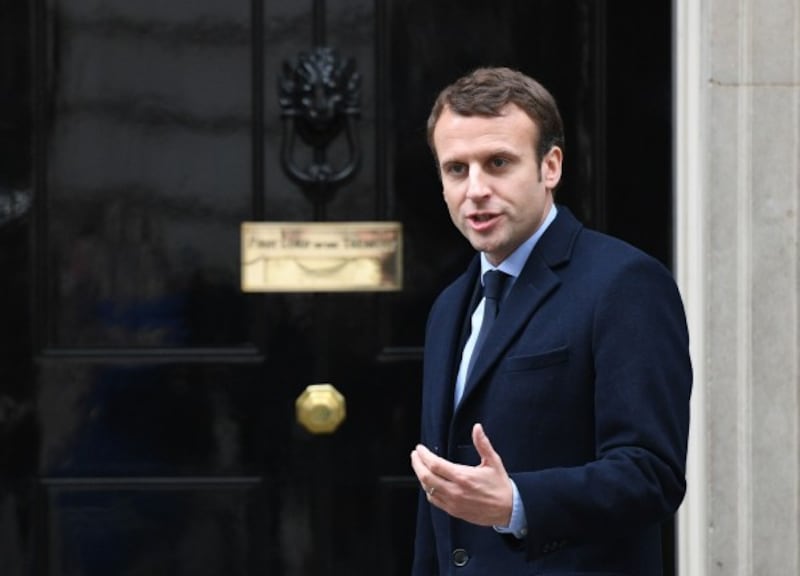
Emmanuel Macron is faced with a raft of challenges, not least concerns about security in the country.
The former banker wants to recruit 10,000 more police officers, is keen on positioning France as a green tech leader, and is proudly pro-EU.
He also wants to restore voter confidence in French politics, following scandals which overshadowed much of the presidential campaign. Centre-right front-runner Francois Fillon was harshly criticised during the run for allegedly employing his wife and children as assistants for a total of around €900,000 worth of taxpayers’ money.
With one-in-10 jobless, the fresh-faced leader aims to reform the labour market by lowering corporation tax to 25%, bringing unemployment down to 7%, and cutting social security contributions.
